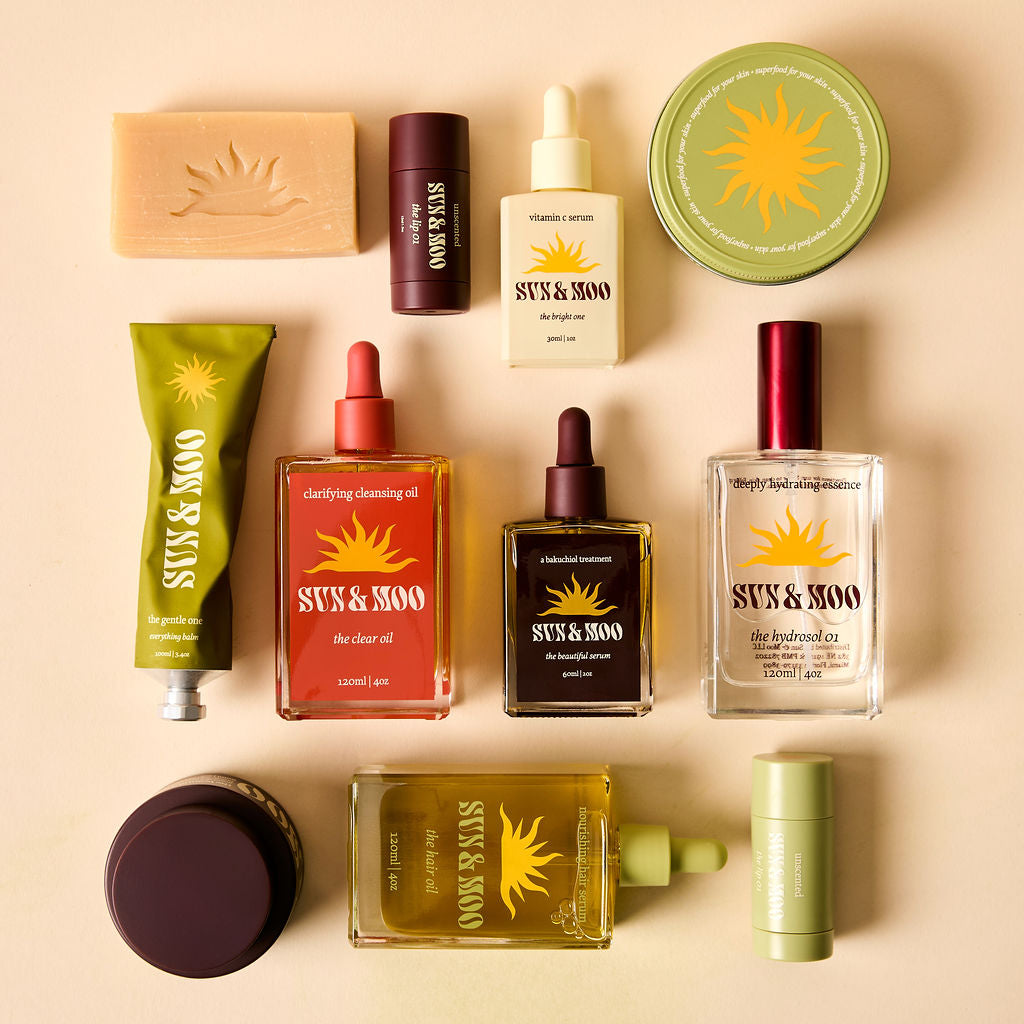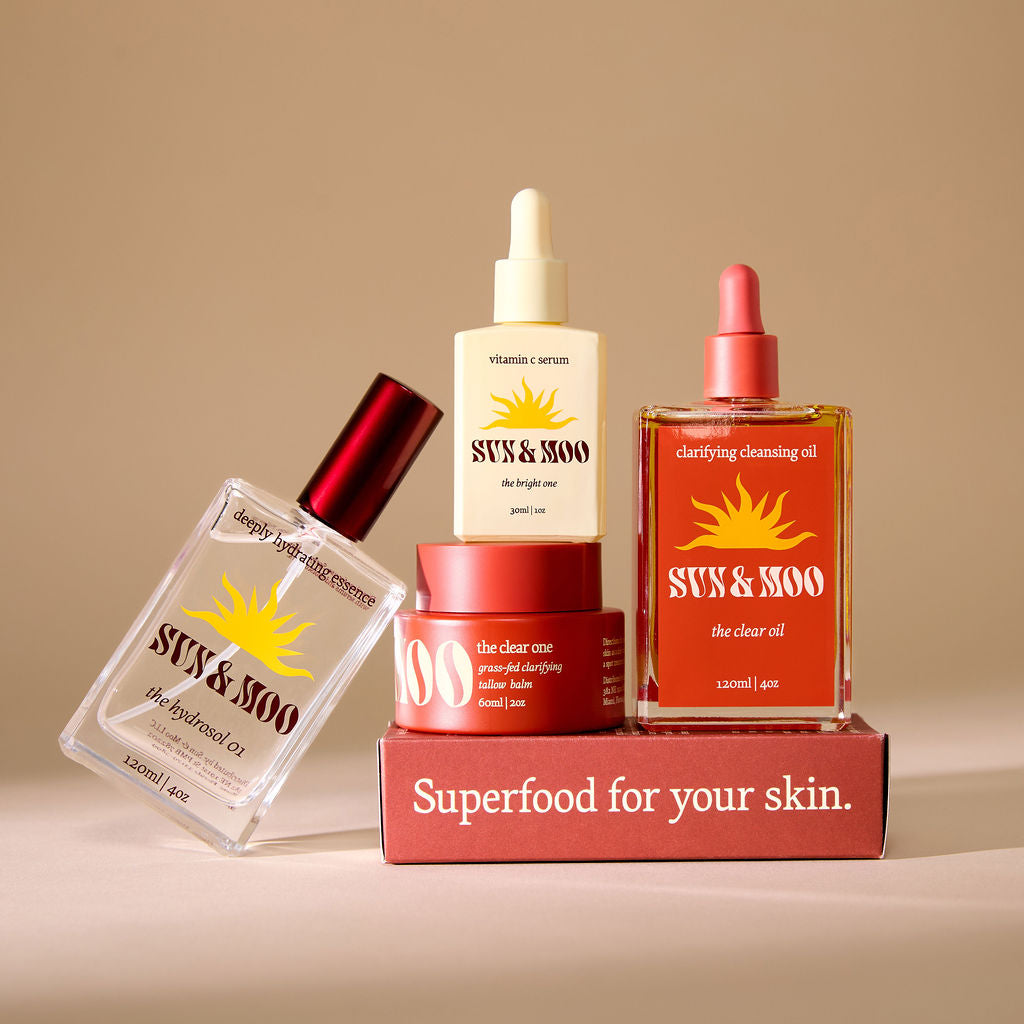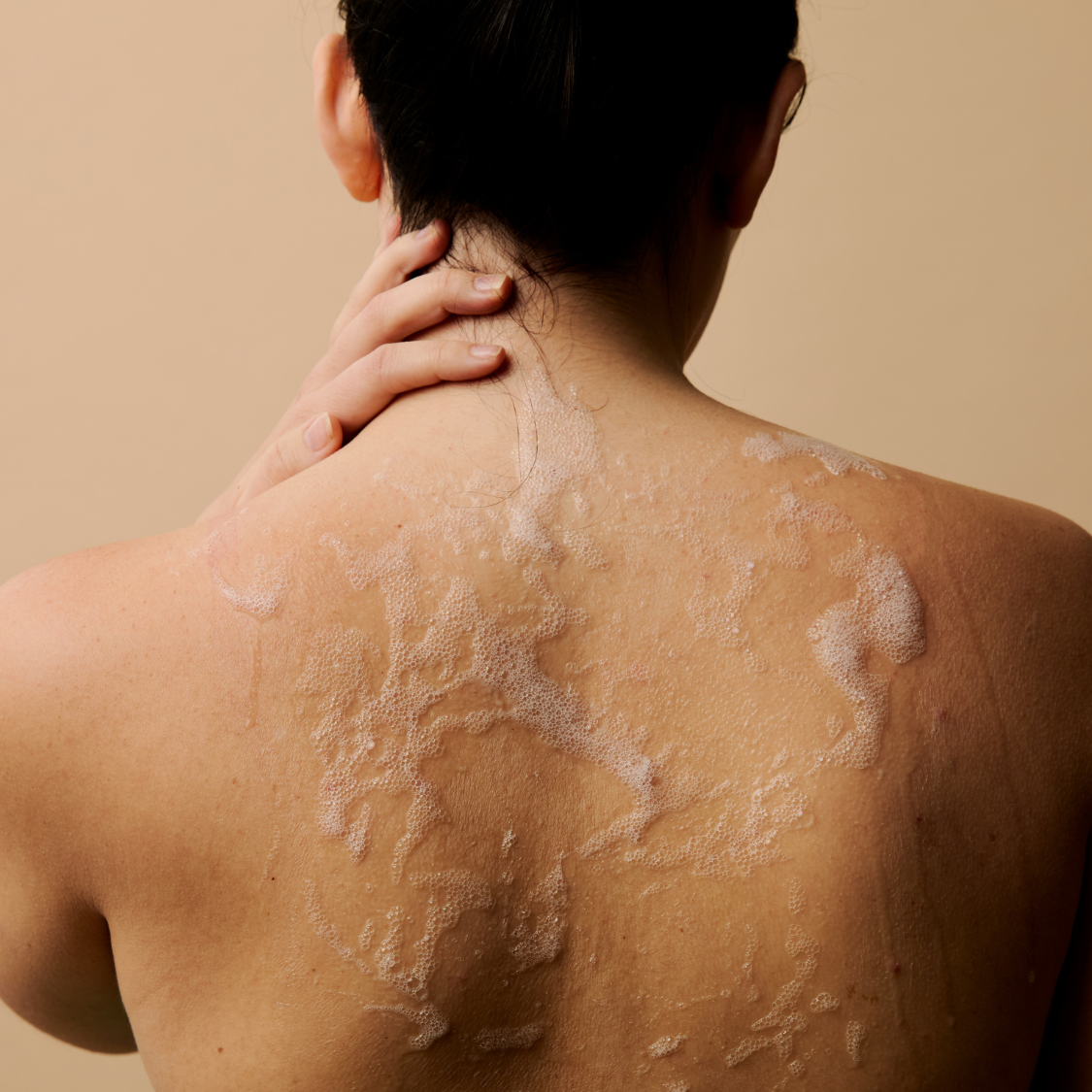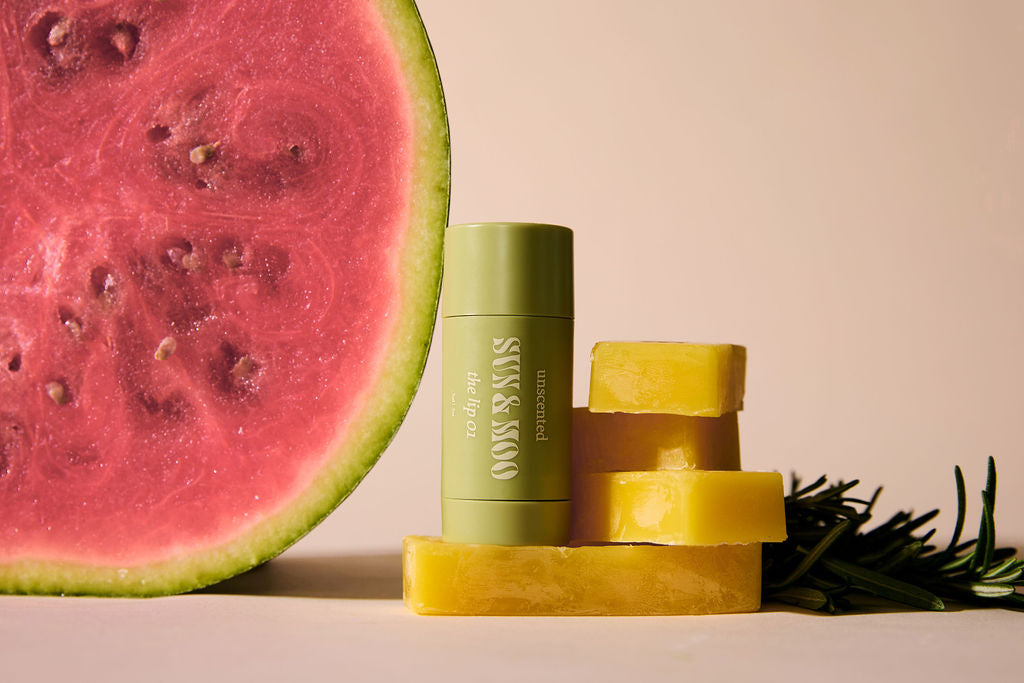The skin barrier, or stratum corneum, plays a vital role in retaining moisture to keep the skin hydrated, transporting essential nutrients throughout the skin, while protecting the skin and body from external stressors such as pollution, free radicals, and harmful microorganisms.
The condition of your skin barrier also significantly influences the health and even tone of your complexion.
If your skin barrier is damaged, this can cause the skin to become more prone to dehydration potentially resulting in a dull, dry appearance.
A dysfunctional skin barrier can also contribute to acne, eczema, rosacea and psoriasis.
If you are experiencing challenges with your skin, sometimes the best thing you can do is to focus on the integrity of your skin barrier by giving it the nourishment it needs - internally and externally - and also by removing things from your routine that have been shown to irritate and breakdown the barrier.
Composition of the Skin Barrier
- Lipids: Lipids (ceramides, fatty acids and cholesterol) form a lipid matrix between the corneocytes. These lipids act as a protective barrier helping to prevent trans-epidermal water loss while also blocking the entry of harmful substances from the external environment.
- Natural Moisturizing Factors (NMF): NMF’s such as amino acids, urea and lactic acid are water-attracting substances that help the skin hold onto water.
- Proteins: Structural proteins like filaggrin contribute to the structural foundation of the skin barrier.
- Skin Microbiome: The skin is colonized by beneficial microorganisms that act as a barrier against invasion, colonization and infection by foreign pathogenic microbes.
What Can Damage the Skin Barrier?
- Too humid or too dry of an environment
- Allergens, irritants and pollutants
- Too much sun exposure
- Alkaline detergents and soaps
- Use of harsh products like certain acids (AHA's/BHA's) and actives (Retinol)
- Over-exfoliating or over-washing
- Chronic stress
- Insufficient intake of essential fatty acids
Skin Barrier Support
Even skincare practices like over-washing can lead to skin issues because it impacts the integrity of your skin barrier.
Many people believe that washing your face multiple times a day helps to keep it clean when most of the time, it is breaking down protective barriers that actually keep the dirt out!
You are more likely to see results if you focus on the fundamental ways to improve your skin barrier rather than buying all of these different skincare products that overwhelm the skin.
-
Use Gentle Cleansers: Harsh cleansers can strip away the essential moisturizing and nourishing substances that keep your skin barrier strong. Opt for a gentle cleanser or even an oil cleanser like
The Clear Oil!
- Moisturize Regularly: Moisturizers help replenish the lipid matrix of the skin barrier. Tallow is a great option! Try one of our most popular tallow balms, The Simple One.
- Avoid Over-Exfoliation: Excess use of abrasive scrubs and harsh acids can strip the barrier. Instead, try a gentle exfoliator like a honey mask every 2-3 days!
- Pat Your Skin Dry: Tugging, pulling and rubbing your skin can disrupt the barrier. The goal is to be gentle with your skin!
- Protection from EXCESS UV Exposure: Sun exposure is essential for a healthy body and healthy skin, but you can overdo it! If you find that you’re in the sun for extended periods of time it may be best to utilize a big hat, shade or a mineral-based sunscreen.
- Stay Hydrated: Drinking mineral-rich water is essential for skin hydration. Hydrated skin helps improve the function of the skin barrier.
- Limit Hot Water Exposure: Hot water can strip the skin of its natural oils. Use lukewarm water on your face when washing/rinsing to prevent excessive drying.
- Try To Stay Away from Harsh Skincare Products: Using active ingredients like AHA, BHA, synthetic retinol or anti-acne treatments can break down the skin barrier.
- Consume Healthy Fats: Consumption of foods that are rich in omega-3 fatty acids have the potential to improve the skin’s barrier (i.e. foods like avocado, walnuts, oily fish, dairy products, eggs, chia seeds, olive oil, butter, and fatty cuts of meat like chicken thighs, beef ribeye, beef short ribs, and pork belly)








